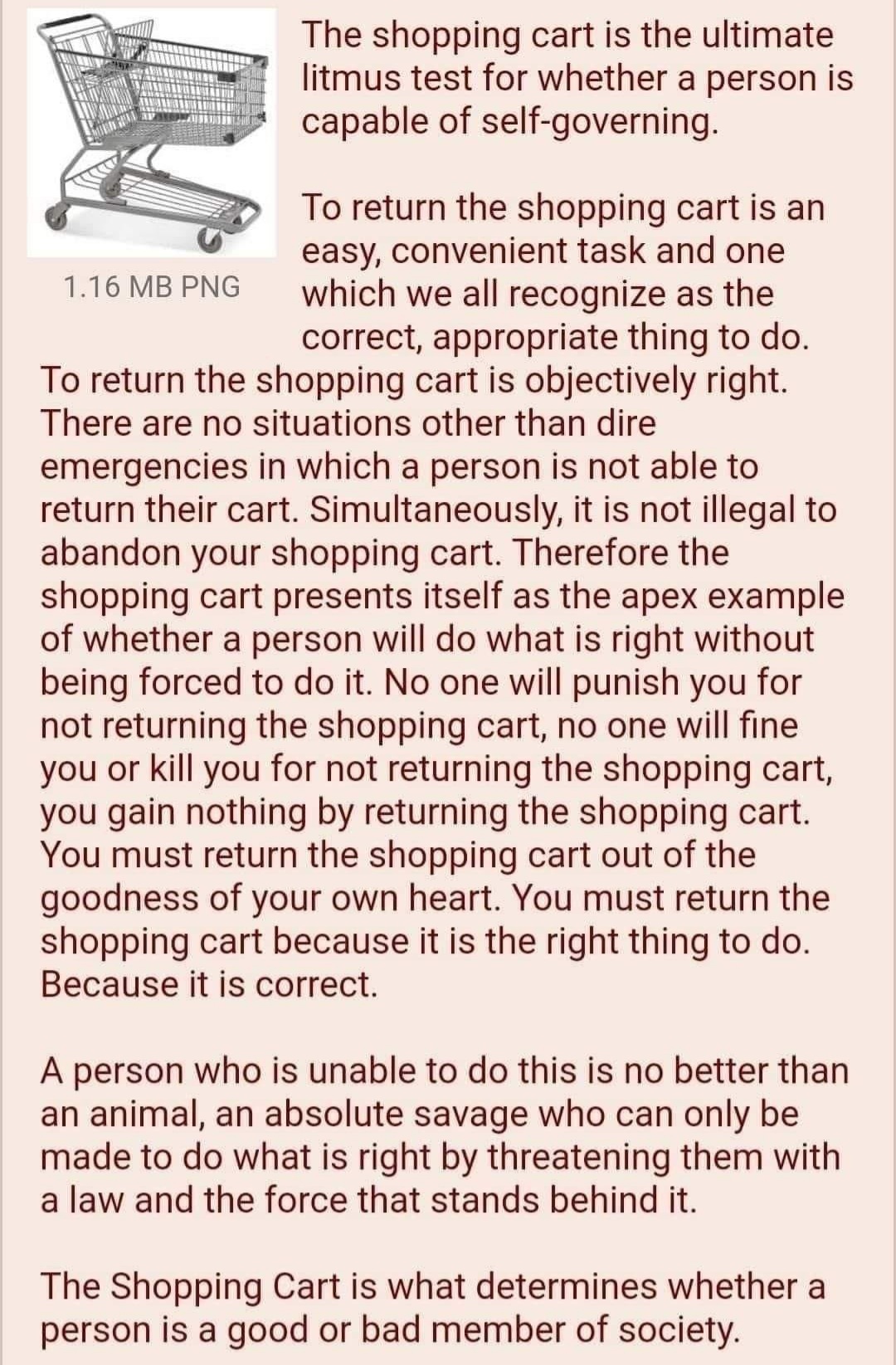Sidis Coruscatis
Community Member
- MBTI
- INTJ
- Enneagram
- 964
Well of course it's not necessarily true. But what is cognitively held as truth is epistemically indistinguishable between individuals, except for the criteria which they use as a reflection for the validity of their truth. Nobody can genuinely believe something as true when they know it's untrue-what they can do is manipulate and cherry pick the criteria by which the idea is judged, so that it starts sounding plausible. What pleases me is that something exerts a pull on me, and what pleases Ti is apparent consistency and absence of contradiction. That says nothing about the validity of the basic principles on which that logic is built, and that's really one of the main differences in Fi and Ti.You say that Fi guides you to the truth, but it doesn’t necessarily. It guides you to what pleases you only. It may be true or untrue. All that is true is that it pleases you.
A blueprint with assumed validity is not how I process or see things. I work out myself using objective logic and Fe whether I think it is right or not. It’s the assumption of validity in systems which causes so many problems. You’re talking about Te. You’re an INTJ right?
Finding truth and untruth are different sides of the same coin.
Fi is explicit bias with ineffable logic, and maybe this is why Te is sometimes said to "adopt external logic", not because it accepts random ideas for no reason, but because the systematized explanations given by someone else provide linguistic form for what is already known, but hidden in Fi.
Ti is subtle bias with clarified logic. Ti users often falsely consider their first principles as self-evident, even thought they're really just a consequence of their personal experience, and then bury that bias by appealing to the presumed consistency of the overarching structure. It's just about being aware how your emotions steer your assumptions, and Ti users can severely lack in that department. Many people assume that emotions and logic are two compartmentalized entities, but that is not so.
And yes, you do assume validity, you just misunderstand what I mean by "assume". Any system is only valid to the extent that it satisfies the criteria you set for it. Right now, you're assuming the validity of your understanding of Jungian functions despite there being several alternative systems with divergent definitions. Why would that be? I suppose something about it just pleases you.


